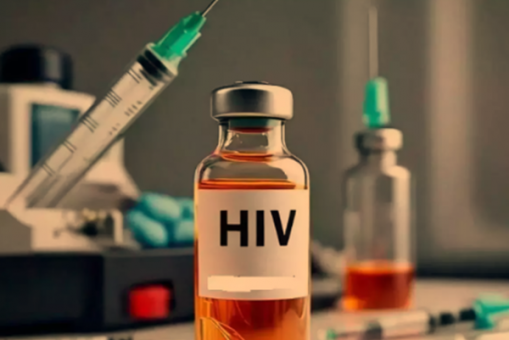In a groundbreaking development, clinical trials have revealed that lenacapavir, a long-acting, injectable HIV-prevention drug, is 89% more effective at preventing HIV than daily oral medication among gay, bisexual, and transgender people. The results, hailed as “sensational” and “unprecedented,” have raised hopes that lenacapavir could be a game-changer in the fight against HIV.
The clinical trials, conducted by Gilead Sciences, involved over 3,250 participants who received either lenacapavir or Truvada, a daily oral medication. The results showed that only two participants who received lenacapavir contracted HIV, compared to nine who received Truvada. This represents an 89% lower HIV rate for those who received lenacapavir.
Lenacapavir has already been approved for use in treating highly drug-resistant HIV and is expected to be submitted for approval as a preventive measure by the end of the year. However, concerns have been raised about the drug’s high cost, with a current list price of $3,450 per month. Gilead has indicated that the price for preventive use may be different, but it remains unclear whether it will be affordable for widespread use.
HIV advocates are urging Gilead to make lenacapavir accessible to those who need it most, particularly in low-income countries. They stress that the drug’s effectiveness will be undermined if it is not made available at a scalable cost.
The results of the clinical trials have been welcomed as a major breakthrough, but experts warn that the real challenge lies in ensuring equitable access to the drug. As one advocate noted, “It’s not progress if lenacapavir’s cost and other structural challenges impede access, domestically or globally.”



